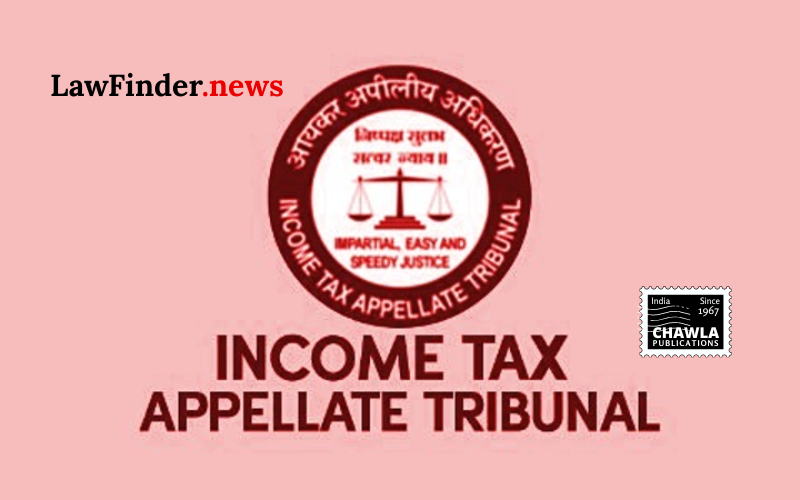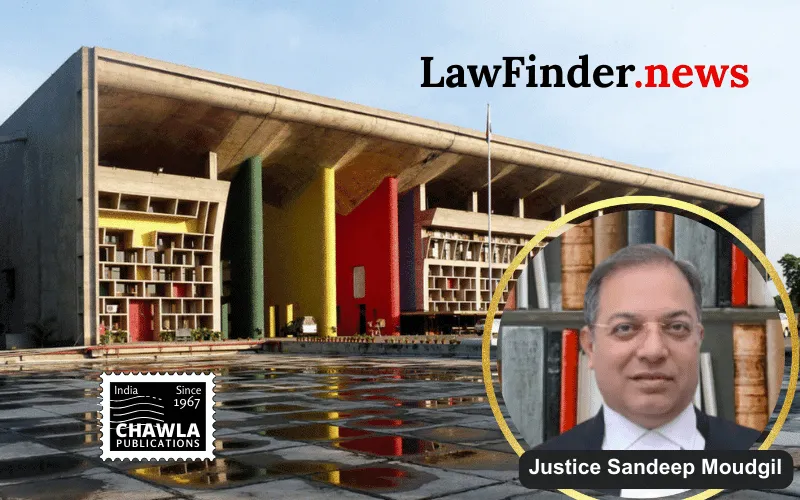Telangana High Court Quashes Income Tax Notices for Procedural Flaws. Court Finds Non-Adherence to Faceless Proceeding Mandate; Upholds Judicial Precedent
In a significant ruling, the Telangana High Court has quashed notices issued under Sections 148A and 148 of the Income Tax Act, 1961, citing procedural flaws due to non-compliance with the faceless assessment mandate introduced by the Finance Act, 2020 and 2021. The court emphasized the need for adherence to judicial precedents, highlighting that the Revenue authorities' failure to follow established legal procedures results in undue harassment to taxpayers and undermines judicial efficiency.
The Division Bench, comprising Justices P. Sam Koshy and Suddala Chalapathi Rao, presided over the case of Sri Narsa Reddy Challa v. Assessment Unit. The petitioner challenged the notices and the assessment orders on the grounds that they were issued in violation of the faceless assessment procedure mandated by recent amendments to the Income Tax Act.
The court noted that similar issues had been previously addressed in the case of Kankanala Ravindra Reddy v. Income-Tax Officer, where the proceedings were declared procedurally flawed. Despite precedents set by multiple High Courts, including those of Bombay, Gauhati, Punjab & Haryana, Himachal Pradesh, Gujarat, Jharkhand, and Rajasthan, the Revenue authorities continued to issue notices in a non-faceless manner.
The High Court expressed concern over the continued filing of writ petitions on identical issues, despite clear judicial precedent. The Bench criticized the Revenue's approach, suggesting that it seemed calculated to delay proceedings and circumvent limitation periods. The court urged the authorities to adopt a consistent approach in line with judicial decisions, to avoid unnecessary litigation and to respect the principles of judicial discipline.
The judgment also referenced the Bank Of India v. Assistant Commissioner, Income Tax case, reinforcing that decisions by higher appellate authorities must be followed by subordinate authorities, irrespective of pending appeals, unless stayed by a competent court.
In its order, the Telangana High Court set aside the impugned notices and any consequential orders, allowing the writ petition in favor of the assessee. The court granted liberty to the Revenue to initiate fresh proceedings in accordance with law, post the Supreme Court's decision on related Special Leave Petitions.
The ruling underscores the judiciary's role in maintaining procedural integrity and ensuring that statutory mandates are adhered to, thereby protecting the interests of taxpayers from procedural irregularities.
Bottom Line:
Notices under Sections 148A and 148 of the Income Tax Act, 1961 - Requirement of faceless proceedings post amendments by Finance Act, 2020 and Finance Act, 2021 - Notices and consequential orders held to be procedurally flawed and quashed - High Court emphasizes need for judicial discipline and adherence to binding precedents.
Statutory provision(s): Sections 148A, 148, and 147 of the Income Tax Act, 1961; Finance Act, 2020; Finance Act, 2021.
Sri Narsa Reddy Challa v. Assessment Unit, (Telangana)(DB) : Law Finder Doc Id # 2762331




